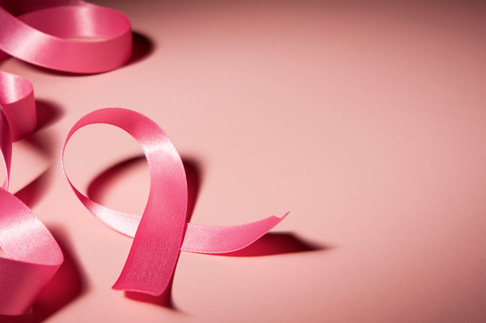Prevent Breast Cancer? Change Priorities
By Elisabeth Dale

Who hasn’t read this statistic? Breast cancer strikes one in 8 women during their lifetime. News outlets cover every little study or personal story about the disease. The media reports on various efforts by charitable group working to find a “cure.” The pink ribbon is synonymous with raising money to benefit women’s breast health (although men represent about one percent of all cases). Two decades ago breast cancer was a disease suffered in silence. Now we designate October as Breast Cancer Awareness Month.
Some argue that breast cancer gets too much attention: heart disease alone kills more women each year. But keeping breasts healthy is a bigger mystery to science than keeping hearts healthy. No one knows what causes breast cancer. Most women diagnosed have no family history of the disease and very few inherit the genes known to increase risk. So all the focus and pubic fundraising on behalf of breast cancer seems both justified and necessary. But is it making a difference?

Not in lowering the number of women diagnosed each year. A recent congressional study found little government funding directed at preventing the disease. Only around 10 percent of the millions in federal breast cancer research dollars are focused on prevention and potential environmental links to breast cancer, such as pesticides and other cancer-causing agents. The Inter-agency Breast Cancer and Environmental Research Coordinating Committee recommended shifting priorities toward the study of known environmental toxins. It also called for greater communication among the agencies that regulate such chemicals. The 270-page report outlined specific steps to foster greater scientific innovation and collaboration. This is the third government panel to recommend that a greater emphasis be placed on prevention.

Some 25 years of “awareness” has led to earlier detection, new treatments, and therapies that prolong lives. Studying environmental causes of breast cancer could lessen incidence of the disease. Sadly, that “one in 8 women” statistic has become way too familiar.
What’s your take on the most recent study? Do you think it will make a difference?
Report faults priorities in breast cancer research
New Government Breast Cancer Report Calls for Focus on Prevention


Hi Elisabeth! Great article, have you watched the documentary called Food Matters? http://www.foodmatters.tv/ It talks about breast cancer as well. Great film, I highly recommend. xx
Thanks, Aline, for the link and info on Food Matters. I have read The China Study and watched Forks Over Knives documentary. More and more evidence points to links between what we put in (or on) our bodies and the risk of developing cancer. Will definitely watch Food Matters, too!